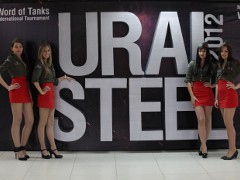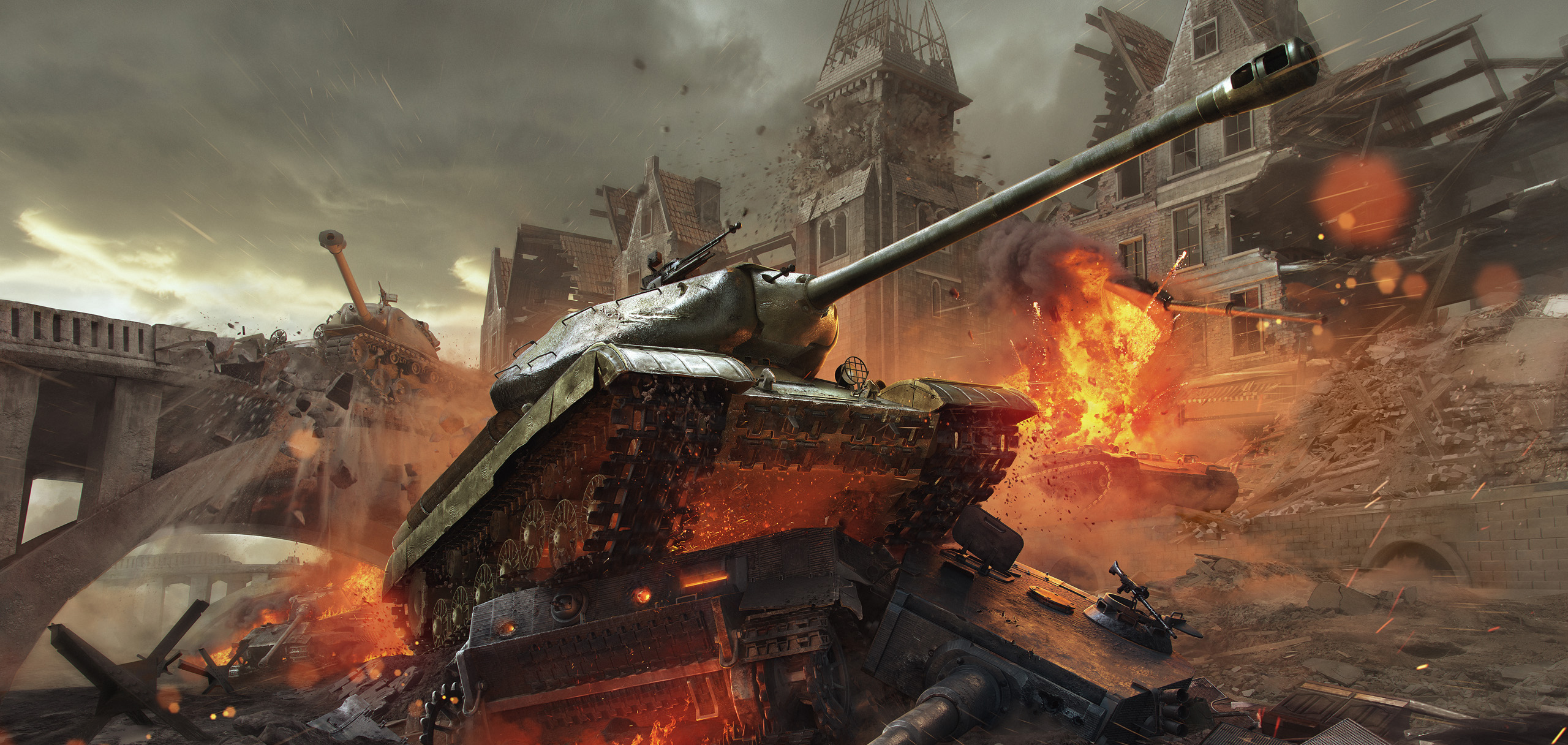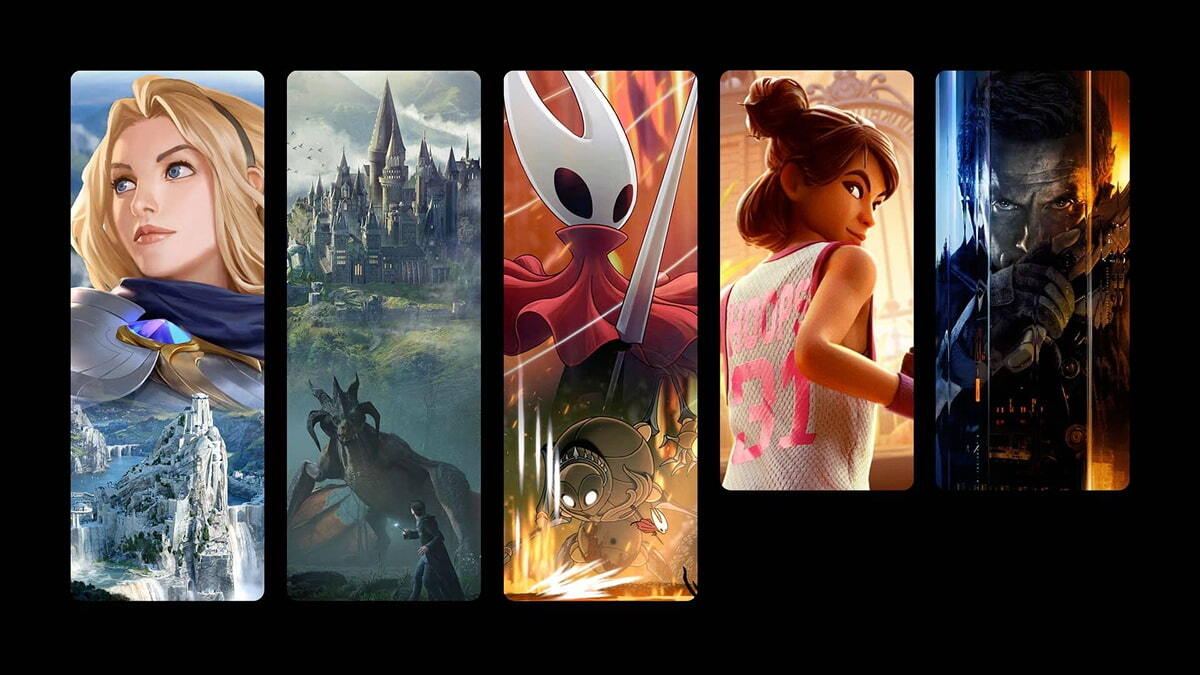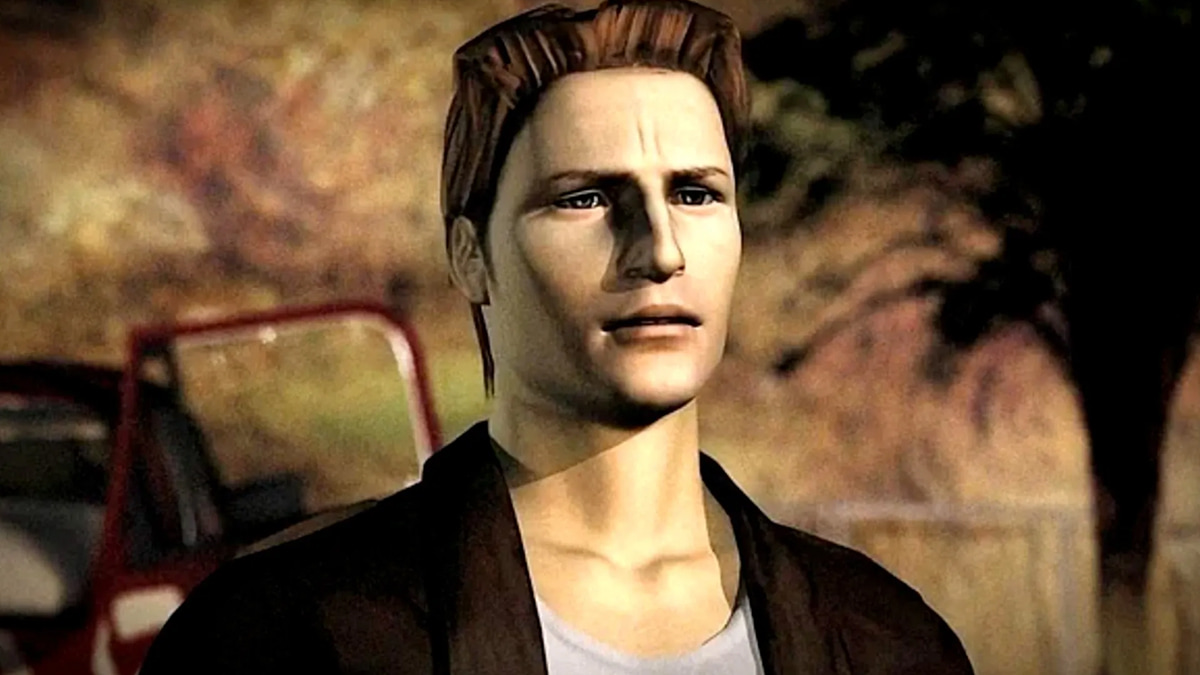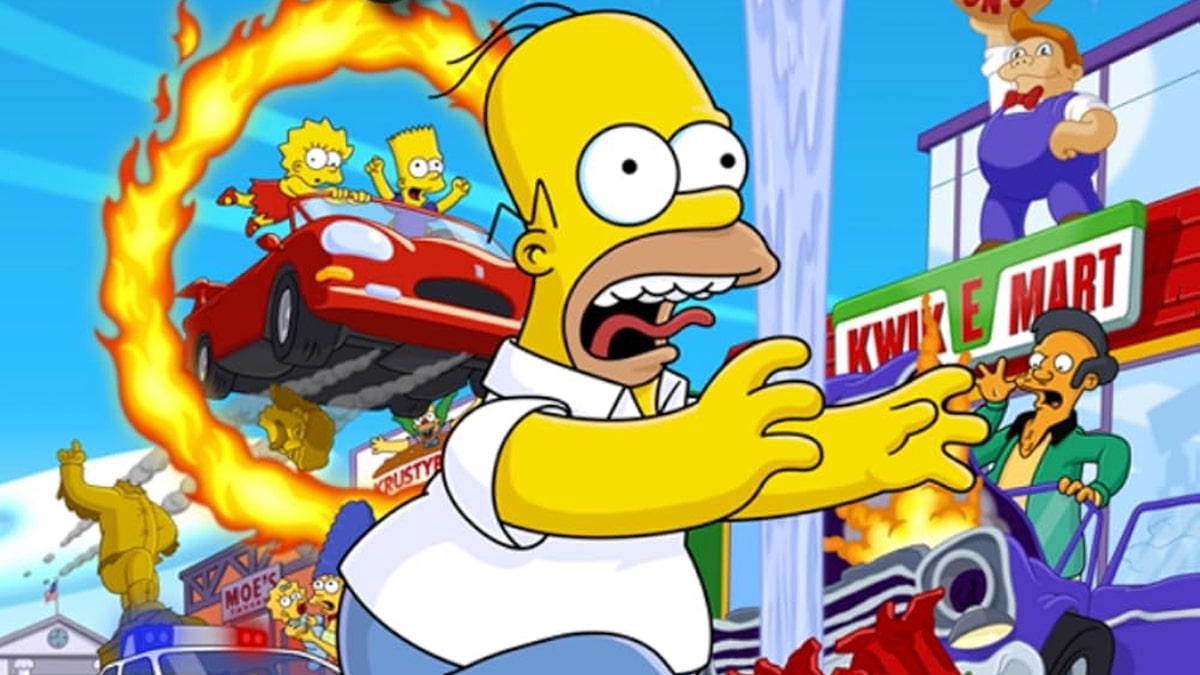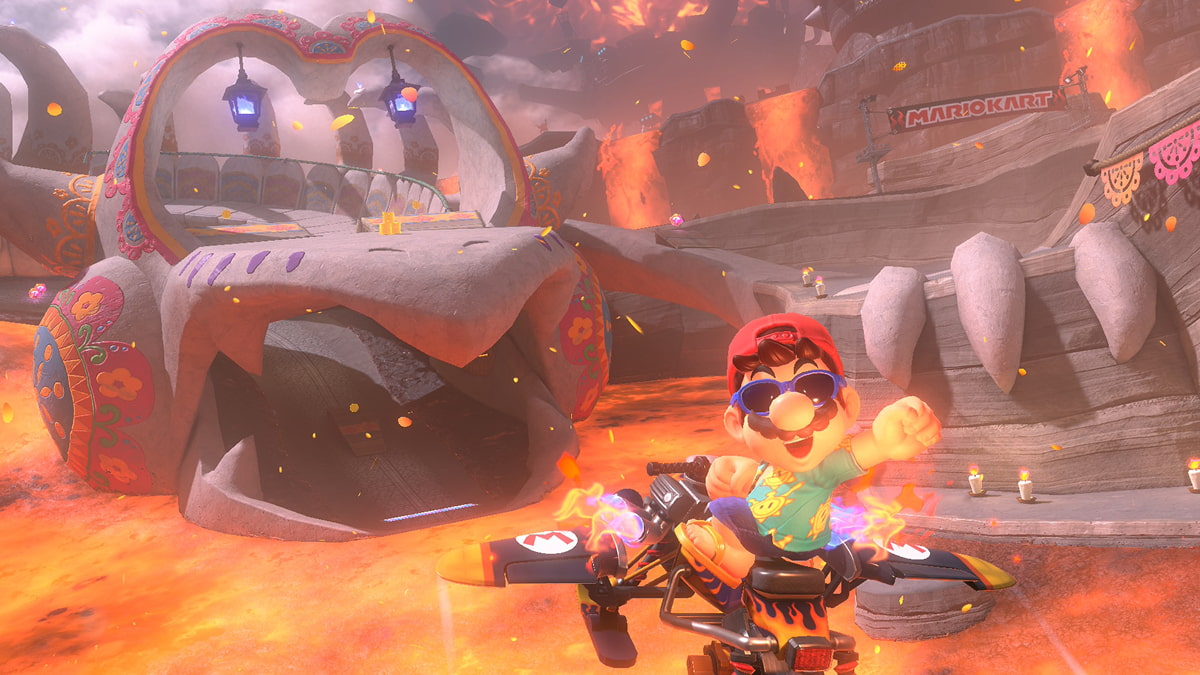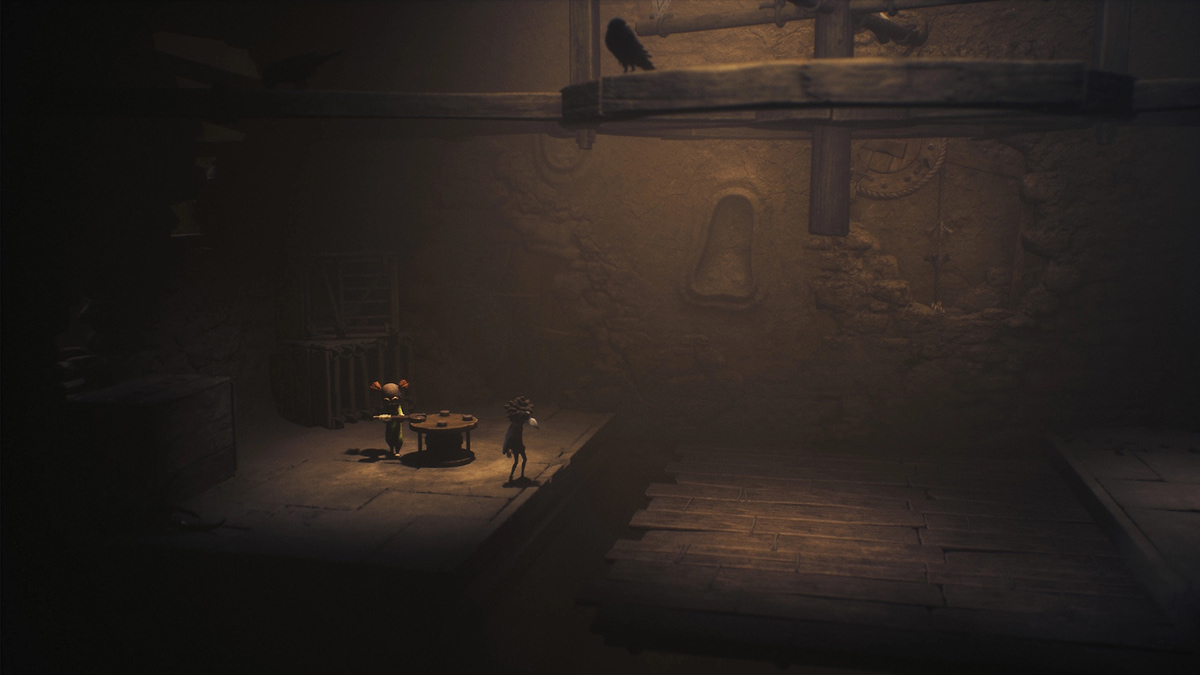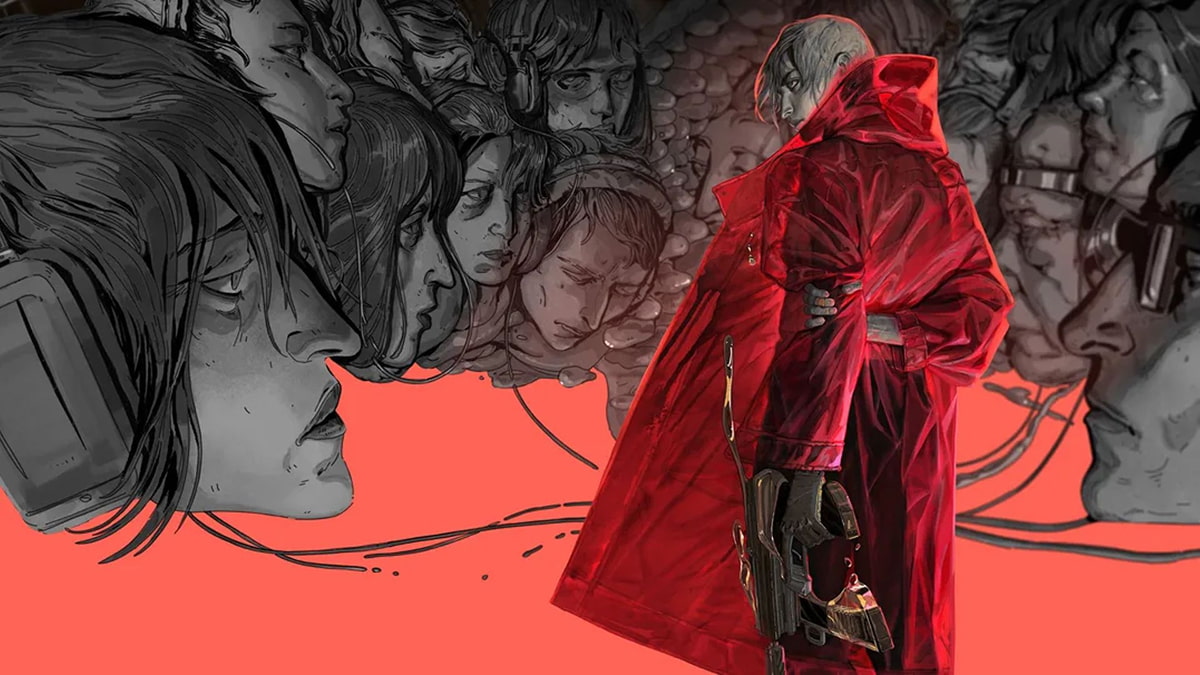You can trust VideoGamer. Our team of gaming experts spend hours testing and reviewing the latest games, to ensure you're reading the most comprehensive guide possible. Rest assured, all imagery and advice is unique and original. Check out how we test and review games here
The free-to-play World of Tanks boasts 40 million registered users worldwide, and claims to regularly feature 800,000 concurrent players, but it is neither famous nor acknowledged in the UK. Only in our current late-generational state can the industry house such a breakout project that goes virtually unnoticed, and it’s one that entertains a daily audience that easily eclipses the opening weekend of almost every boxed video game released in 2012 so far.
Now World of Tanks’ developer and publisher, the Belarusian Wargaming.net, is beginning to shout louder in its efforts to entrance the West. Its booths at the industry’s biggest trade shows are starting to swell in tune with the rising fortunes of the game – from their humble shack in E3 2011 to their palatial trappings of E3 2012. At gamescom 2012, the company’s lavish and decadent party became the behind-the-scenes talk of the entire games industry in a year where a majority of flustered developers and publishers were seen stalling for ideas.
The message is clear, then: Wargaming wants to party with the big boys. But after being invited by the publisher to attend its Ural Steel 2012 tournament in Moscow, I’ve really only got a single question on my mind: is World of Tanks a flash in the pan riding the initial successes of the free-to-play model, or does it have the legs (tracks?) to stand dominant in a new sector of the games industry that’s quickly attracting numerous rivals?
The Venue
The 5,500 seater CSKA Universal Sports Hall was completed in 1979 to house the basketball tournament of Moscow’s 1980 Olympic Games, though sixty-five countries boycotted the event after a campaign spearheaded by the USA to protest the Soviet war in Afghanistan. Without the presence of the defending US champions, Yugoslavia won the Basketball Men’s Gold in a final held 8km away in Moscow’s Olympic Stadium on July 30 1980. The Soviet Union secured the Women’s Gold.
Whereas once the hall housed an international tournament most well-known for global exclusion, Wargaming hopes Ural Steel 2012 usher in the opposite, keeping its predominantly Russian fanbase sweet while attracting a cosmopolitan eye on its burgeoning success story.
Eight Olympic Games later, it’s inside the CSKA hall – known as the Palace of Sports in the Soviet era – that Wargaming has chosen to host its second Ural Steel championship, flying out 16 World of Tanks teams from across the world alongside a handful of journalists hoping to take an observational role. Matches are accompanied by a jazzy accordion half-time piece and the whole show kicks off with a montage of children playing with tanks throughout the ages. Tanks! There’s even an opening ceremony complete with a flag walking parade that felt like a Tesco Value version of that bit before the fireworks in Danny Boyle’s London 2012 jaunt.
Matches of basketball are still being played away from the half-filled stalls of the converted main stage, and much of the massive, multi-storey arena has been closed off to funnel people to the right destination. A small and empty café stands between security gates – everyone who passes sets off the alarm, but the security guard doesn’t mind – and the stage, a small room where one journalist heads over to an empty counter and picks up a glass of fruit cordial from uniform rows of irregular glasses, before someone shuffles over and demands he pay up.
During all this, all I can think is that Ural Steel 2012 is utterly mental.
The Teams
/https://oimg.videogamer.com/images/d9aa/world_of_tanks_ural_steel_2.jpg)
“We’re nothing but pawns on Wargaming’s chessboard,” says one European player to me in a hotel bar the night before the tournament begins. I don’t know how to respond.
This player – who’ll later be wheeled out on stage alongside the flag of his country – has won his way to Ural Steel 2012 with skill and determination, ready for his chance to compete for the $35,000 jackpot. Nobody really expects him to win because he’s not in a Russian team, and though the skill gulf between the Russian teams and their opposition is widely regarded as insurmountable – “we’re not as nerdy as Russia” says one player to me in defiance when asked about their chances of success – each of the game’s biggest territories (US, Europe, Russia and China) has been allowed to send their best lot over to take part, and hopefully attract some worldwide attention to the game.
This guy, however, sees his role in the tournament as fuel for Wargaming’s global plans. He says he’s going to quit the game for good after this tournament. Does he mind? “Not really”.
If they see themselves as nothing but pawns, why do these teams play? For fame? For glory? World of Tanks’ players – who affectionately dub themselves Tankers – are perhaps the smallest fish in the small (but rapidly growing) pond of competitive gaming. While World of Tanks is carving out a bigger slice of the eSports market you’re still highly unlikely to be able to make a living from playing it, and being excellent at the game doesn’t come with nearly the same kind of kudos as, say, StarCraft II or League of Legends.
Another European player, his prescription glasses enhancing his perennially stern expression, sits alone at the edge of the bar. “I just want them to take it f****** seriously,” he protests. He’s complaining about his team – this is a 7v7 tournament game, after all – who are elsewhere in the bar, revelling in free booze and a few days off their day jobs.
He sees the game as a serious tournament, one worth taking f****** seriously.
They see it as a holiday, and they’re going to get seriously f****** hammered.
The Final
The event is won by RED: Rush Unity in a final which I missed thanks to the itinerary I was given being wrong – the day’s timetable was accelerated after the Russian teams decimated their competition with ruthless precision and speed.
But the highlight is not the 3-0 final but instead a tense semi-final match between Virtus.Pro Aces and Red Rush: Unity, which saw the former team stay in the best-of-five match after two losses. Here you could actually see the game’s potential – World of Tanks’ slower pace makes for easier spectating than other shooters, and the vital importance of positioning in the game leads to occasionally fascinating cat-and-mouse chases and entertaining reversals. In these moments, you start to think World of Tanks stands a chance of coming good on its modest plans of total world domination.
But the overall results were exactly expected. Russian teams finish first, second and third.
Later, in the bar, one of the American teams celebrates anyway.
The Rivals
At the start of September Valve, one of the most adulated developers in the industry, hosted a three-day Dota 2 tournament off the back of PAX Prime in Seattle’s Benaroya Hall. The prize pool was a staggering $1.6 million dollars, with a grand prize of a cool million to the winning five-man team. During the event, there was no Valve logo in sight. It wasn’t until Gabe Newell made a brief appearance to present a trophy to the winners – the Chinese team iG – that you felt the presence of its much-loved developers.
Valve’s affectionate chairman says he’s sunk over 2000 hours into Dota 2. Apparently the staff at Valve play the game, still in beta, in their lunch break.
Those who finished Vave’s Dota 2 tournament in sixth place made more money per player than the grand champions of Ural Steel 2012.
Valve is gunning for Riot Games, who themselves will be handing out $5 million over the course of their Season 2 championships for League of Legends ahead of its finals in October. In 2013, Riot Games will give decent salaries to professional League of Legends players in an effort to encourage competitive play. And we haven’t even mentioned Blizzard yet.
League of Legends and Dota 2 are spoken about in hushed tones by almost everyone attending Ural Steel 2012, but few journalists are prepared to confront Wargaming with questions about the company’s commitment and the state of their strong opposition. With the company trying to branch out to three games, how can they possibly simultaneously maintain a strong eSports presence?
During Ural Steel 2012, Wargaming pledges its support to eSports and announces the formation of a World of Tanks league.
Prize money is not mentioned.
World of Tanks
- Platform(s): PC, PlayStation 4, Xbox 360, Xbox One
- Genre(s): Action, Massively Multiplayer, Massively Multiplayer Online, Shooter
